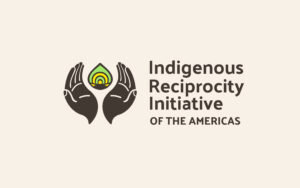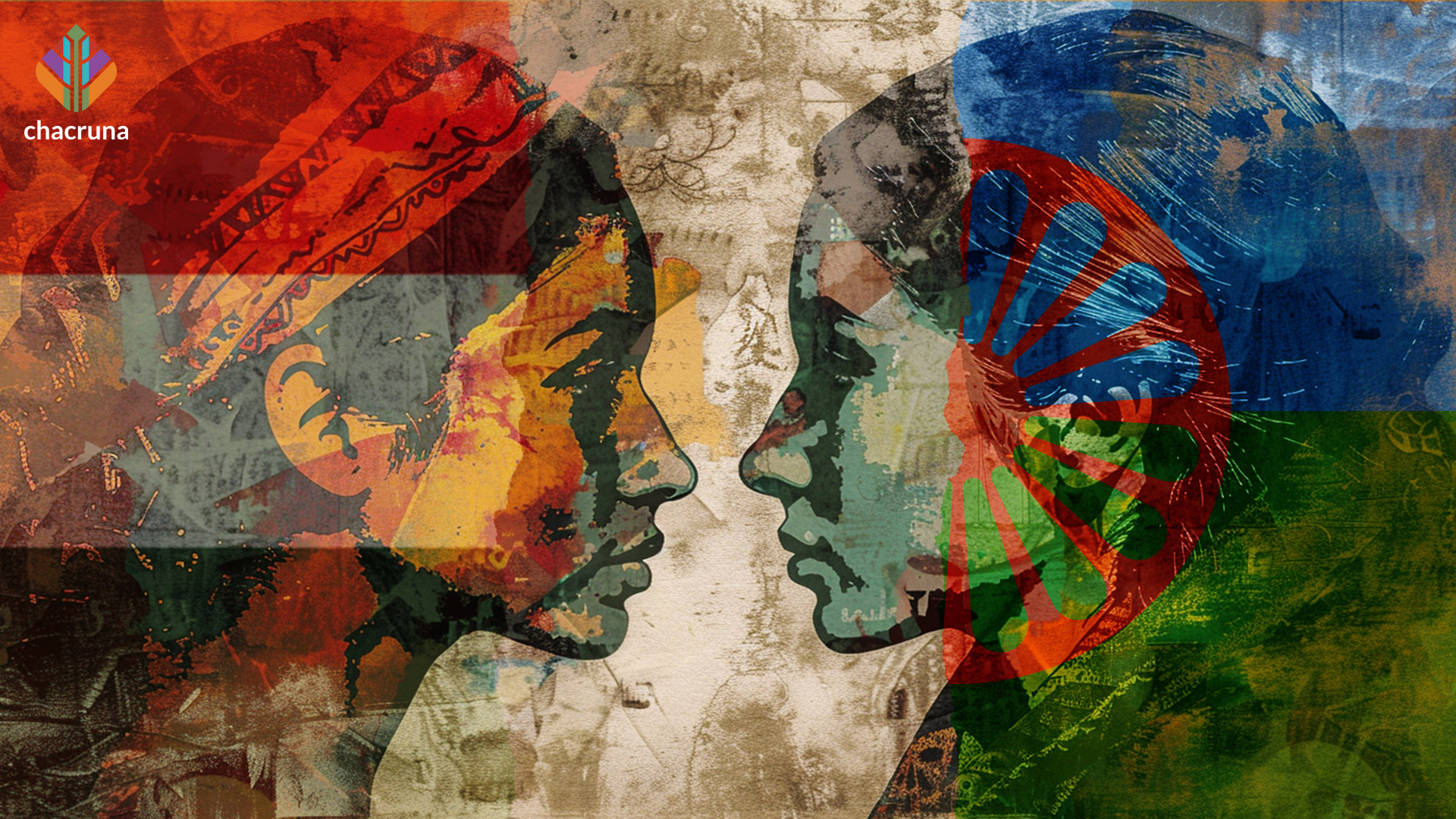It’s About: Understanding Prejudice Against Romani
Emotions play a significant role in shaping our perceptions and attitudes towards others. Recent research explores how incidental emotions, those not directly related to a situation, can influence our prejudices towards different ethnic groups. A study, conducted with the aim of understanding this phenomenon, focused on the spillover effects of disgust on the evaluation of two prominent minority groups in Romania: the Romani and Hungarian communities.
It is essential to acknowledge the historical context of European prejudice against the Romani people. Over centuries, Romani communities have faced discrimination, persecution, and social exclusion throughout Europe. Often labeled with derogatory stereotypes, they have been subjected to systemic marginalization and violence. These historical injustices have contributed to the perpetuation of negative attitudes and biases towards the Romani, shaping societal perceptions. Understanding this historical backdrop provides crucial context for comprehending the complexities of contemporary prejudice and discrimination against Romani communities.
The contemporary Romani community continues to face significant challenges and marginalization in living conditions, lack of access to basic facilities, and negative portrayal in the media. On the other hand, the Hungarian minority, viewed differently by the majority, elicits emotions of fear and resentment, primarily due to historical and political tensions.
While incidental disgust increased prejudice towards the Romani community, it had no impact on attitudes towards the Hungarian minority.
Our findings revealed a specificity in the spillover effects of disgust on prejudice. While incidental disgust increased prejudice towards the Romani community, it had no impact on attitudes towards the Hungarian minority. This specificity was observed across all three components of prejudice: cognitive, emotional, and behavioral. Participants who experienced disgust not only reported more negative emotions towards the Romani community but also expressed a stronger desire to maintain social distance and endorsed negative stereotypes about them.
This research sheds light on the relationship between emotions and prejudice, emphasizing the importance of considering the relevance of the emotion to the target group. Such insights have significant implications for understanding and addressing discrimination in society
The authors, a woman and two men of Romanian ethnicity, contribute their extensive experience in anti-discrimination projects involving Roma minorities in Romania, despite not being Romani, to illuminate the complex dynamics of discrimination and bias.
Their collective expertise in social psychology, anti-discrimination projects, and statistical analysis ensures a comprehensive and objective examination of these research findings.
Note: This series highlights articles from the recently published special issue of Frontiers in Psychology, “Power, Discrimination, and Privilege in Individuals and Institutions,” edited by Sonya Faber, Monnica T. Williams, Matthew D. Skinta, and Bia Labate.
Pascal, Emilia, Holman, Andrei Corneliu, & Miluț, Felicia Mihaela. (2024). Emotional relevance and prejudice: testing the differentiated effect of incidental disgust on prejudice towards ethnic minorities. Frontiers in Psychology 14. https://doi.org/10.3389/fpsyg.2023.1177263
Art by Trey Brasher.

Discover the Indigenous Reciprocity Initiative of the Americas
Take a minute to browse our stock:
Did you enjoy reading this article?
Please support Chacruna's work by donating to us. We are an independent organization and we offer free education and advocacy for psychedelic plant medicines. We are a team of dedicated volunteers!
Can you help Chacruna advance cultural understanding around these substances?
















